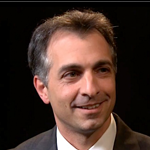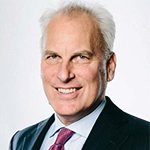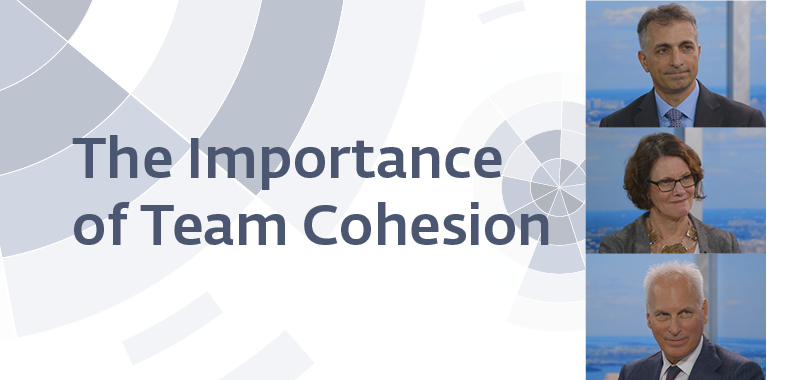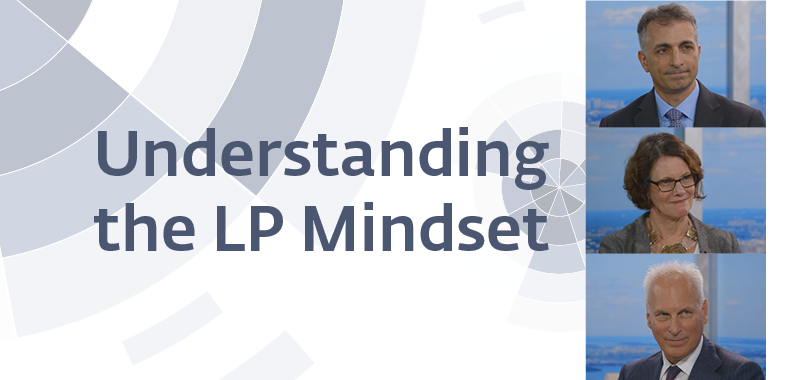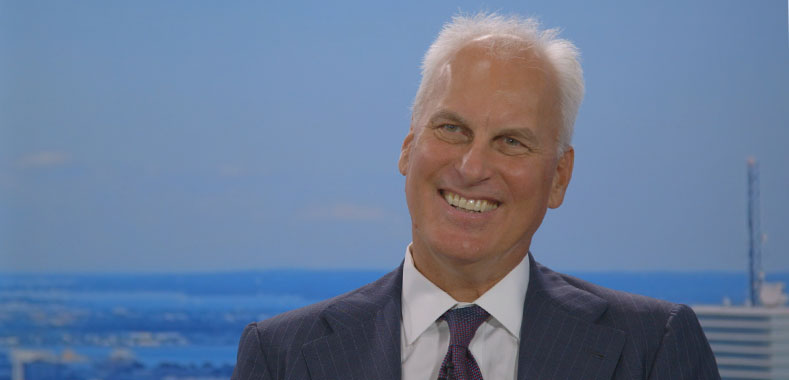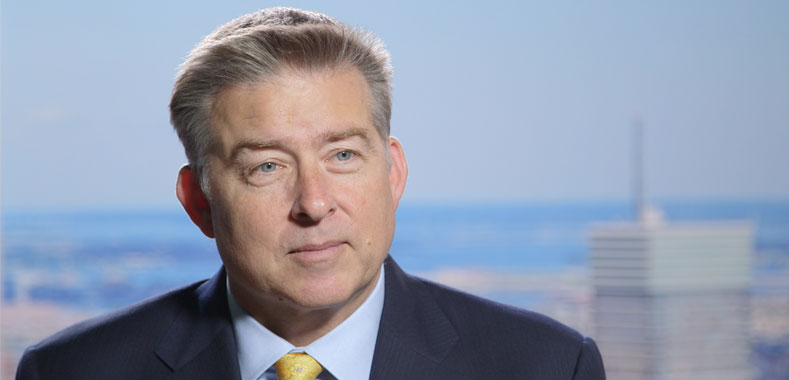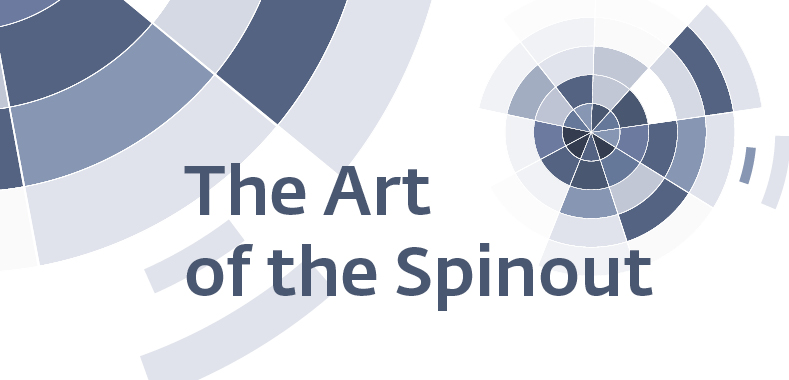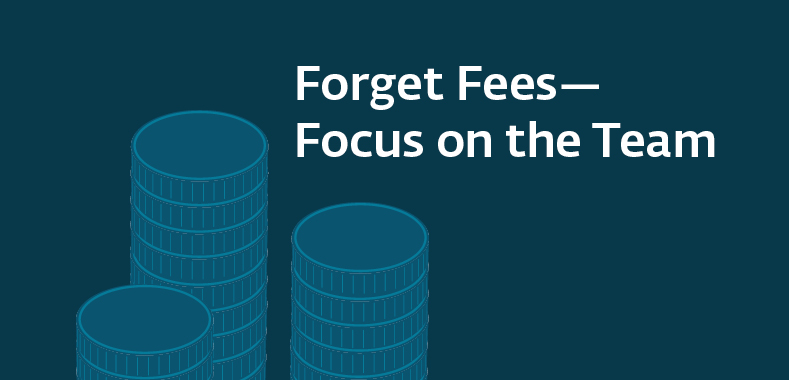Spinouts Have a Lot to Prove
Transcript Download Transcript
Spinouts Have a Lot to Prove
David Snow, Privcap:
Today we’re joined by Katie Stokel of Abbott Capital, Mike Elio of StepStone Group and David Conrod of FocusPoint Private Capital Group. Everyone, welcome to Privcap. Thanks for being here.
Today, we’re talking about the importance of the team in a private firm, the people that make up a private equity firm. [It’s] obviously the most important ingredient to success, yet there’s not a lot of understanding about what makes a good team and how you can predict whether a team is going to succeed or not succeed. Why don’t we start with the observation that so many people in the private equity industry dream of spinning out and starting their own firm, and you all meet these people quite a bit. But do you ever encounter people who want to start a firm or have started a firm who don’t seem to understand the team dynamic that needs to go into the creation of a great firm?
Mike Elio, StepStone:
I think the real question is how many times a week do you see a team that wants to spin out and start? I think these guys really need to realize that there’s a lot more to it than just being a good investor. There’s a huge infrastructure that goes into just running a general partner, let alone just being a good investor.
Katie Stokel, Abbott Capital:
It’s hard enough to convince people to invest in a blind-pool, which is—in effect, you’re giving a general partner group a blank check, but when you’re spinning out you’re also asking them to invest in a blind-pool of partners, who haven’t even been formed yet. Or, many times, a team is like, “We’re going to hire that guy. We’re going to hire that guy, we’re going to hire that person.” That’s a double whammy.
David Conrod, FocusPoint Private Capital Group:
I think what accelerates the fundraising for a new fund is to have a deal. And to have something that you’ve closed on, either you’ve bootstrapped it together, or you’ve rounded up some money and sold some of it down to get the deal completed instead of reading off a page in a presentation, “Here’s how I source deals, here’s how I identified it, here’s why we liked it, here’s why it fits with our strategy.” Here it is, you’ve got something to speak to. It’ll save you six months, because most experienced investors will say, “Sounds great, why don’t you come back and see me when you’ve completed a deal?” I would not go out too early, would be some advice.
For example, there’s a group right now that we’re working with—he left a well-respected firm, went out on his own and bootstrapped eight deals together, deal by deal, and generated some high financial returns with those. [He] was able to get funded by two very big endowments on the East Coast for his initial fund.
While doing that, he built a team. He had a team that stuck with him for three or four years while doing that and had the evidence to show exactly what you would want to see before—
Elio: Proof of concept. The question is, does your thesis work when you are no longer plugged in to the larger whole? What is your sourcing angle, what is the infrastructure that you lean on significantly to get those returns? Because I know we’re talking about people who may not have a track record in their current firm, but they should hopefully on their checklist of “Should I spin out?”, [have an] attributable track record from somewhere, doing something is pretty helpful. Otherwise, I guess I’m here to announce my $5-billion fund doing something I’ve never done before.
Snow: Do you find that GPs who are interested in spinning out often underestimate the expensive headache of running their own investment platform when they weren’t aware of the expenses going on at their prior firm?
Stokel: I think that’s fair, but [it’s] also just the time commitment. The time and commitment it takes to hire someone, the time and commitment it takes to think through your marketing materials, or your sourcing platform, if before you’ve sourced from a parent.
Elio: I think the administrative piece of running a firm is something that two smart guys from Goldman spinning out to start their own firm underestimate. If they surround themselves with the right people or get advice from the right people, they can bring on those—marketing compliance, administrative, the CFO to make it work.
Conrod: It’s patience and perseverance. The number of meetings required to get funded is probably twice what it was, prior to Lehman. We track a lot of data, a lot of meetings, a lot of calls, and yes, things have been more efficient with these online data rooms. It’s easier to monitor who’s doing the work and when, what they’re looking at, and standardizing all the materials that every investor has, but despite that it’s still—the competitive intensity is greater than it’s ever been.
Stokel: The quantity of data that people ask for is much greater, I think. In the old days, people just wanted an investment schedule. Now, they want to know operating projections for each of your underlying portfolio companies.
Conrod: What’s expensive is people’s time. Is an investor looking for a free hour of education to learn about a new sector, or are they sincere?
